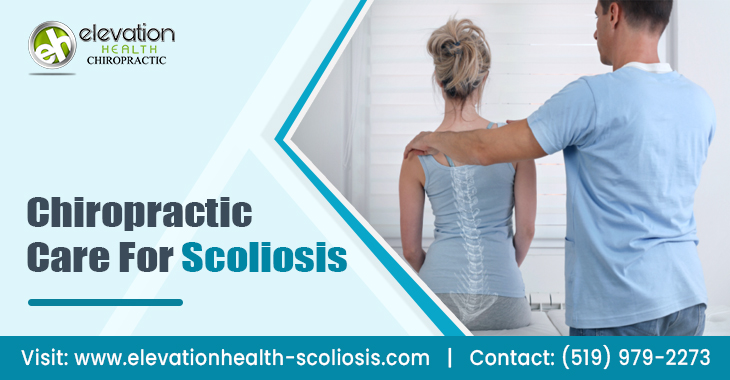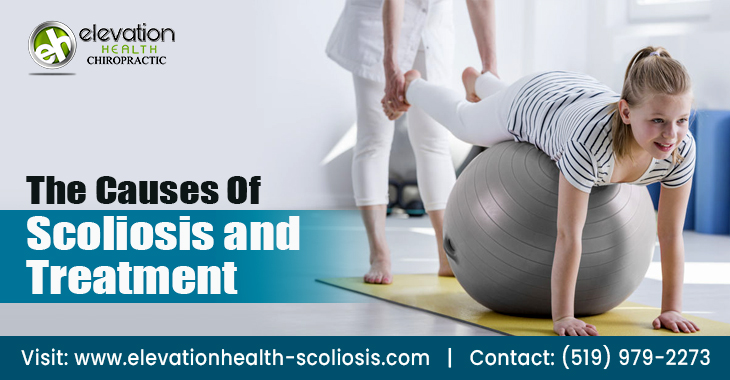
Maintaining optimal health is a priority for individuals living with scoliosis. Scoliosis, a medical condition recognizable by an abnormal curvature of the spine, requires careful attention to lifestyle choices, including diet. At Elevation Health Clinic in Canada, led by renowned chiropractor Dr Brian Nantais of the Nantais Family Chiropractic, a well-balanced diet can play a significant role in managing the symptoms of scoliosis. This blog will discuss foods scoliosis patients should avoid to support their overall well-being and spine health.
Sugary snacks and beverages are detrimental to your overall health and can contribute to inflammation, which can worsen scoliosis symptoms. Foods high in refined sugars like candy, soda, and baked goods, can make one gain weight and increase stress on the spine. Excessive sugar intake can also disrupt the body’s natural inflammatory response, potentially exacerbating discomfort for scoliosis patients.
Processed foods, often laden with unhealthy fats, artificial additives, and excessive sodium, should be avoided by individuals with scoliosis. These foods can contribute to weight gain and inflammation, which can place additional stress on the spine. Instead, opt for whole, nutrient-rich foods like fruits, vegetables, whole grains, and lean proteins to support your body’s nutritional needs.
Foods high in sodium like canned soups, processed meats, and fast food, can contribute to water retention and bloating. Excess sodium intake can lead to increased discomfort for those with scoliosis, as it may exacerbate inflammation and fluid retention. Choosing low-sodium alternatives and cooking meals at home using fresh ingredients can help manage these effects.
Caffeine and carbonated beverages can dehydrate the body, potentially affecting the elasticity of spinal discs. This reduced disc flexibility can impact the spine’s ability to absorb shock and maintain proper alignment. Additionally, caffeine consumption can interfere with sleep quality, crucial for overall health and managing scoliosis symptoms. Opt for herbal teas and water to stay hydrated and support your spine health.
Trans fats, often found in fried foods, commercially baked goods, and certain kinds of margarine, should be avoided by scoliosis patients. These fats can contribute to inflammation and negatively impact heart health. Maintaining a heart-healthy diet is essential for individuals with scoliosis, as a healthy cardiovascular system supports proper circulation and nutrient delivery to spinal tissues.
While dairy can be part of a balanced diet, some scoliosis patients may find that consuming dairy products exacerbates inflammation and discomfort. It’s important to pay attention to your body’s response to dairy and consider alternative sources of calcium and vitamin D, such as fortified plant-based milk, leafy greens, and supplements, under the guidance of a healthcare professional.
At Elevation Health Clinic in Canada, led by Dr Brian Nantais of the Nantais Family Chiropractic, we emphasize the importance of a holistic technique to managing scoliosis. While diet is just one aspect of overall wellness, it can significantly impact your spine health and quality of life. As always, it’s crucial to consult with an expert dietician before making any significant changes to your diet. Together, we can work towards improving your spine health and overall well-being.

